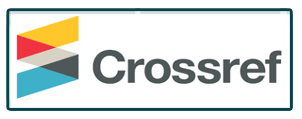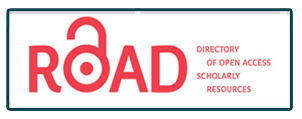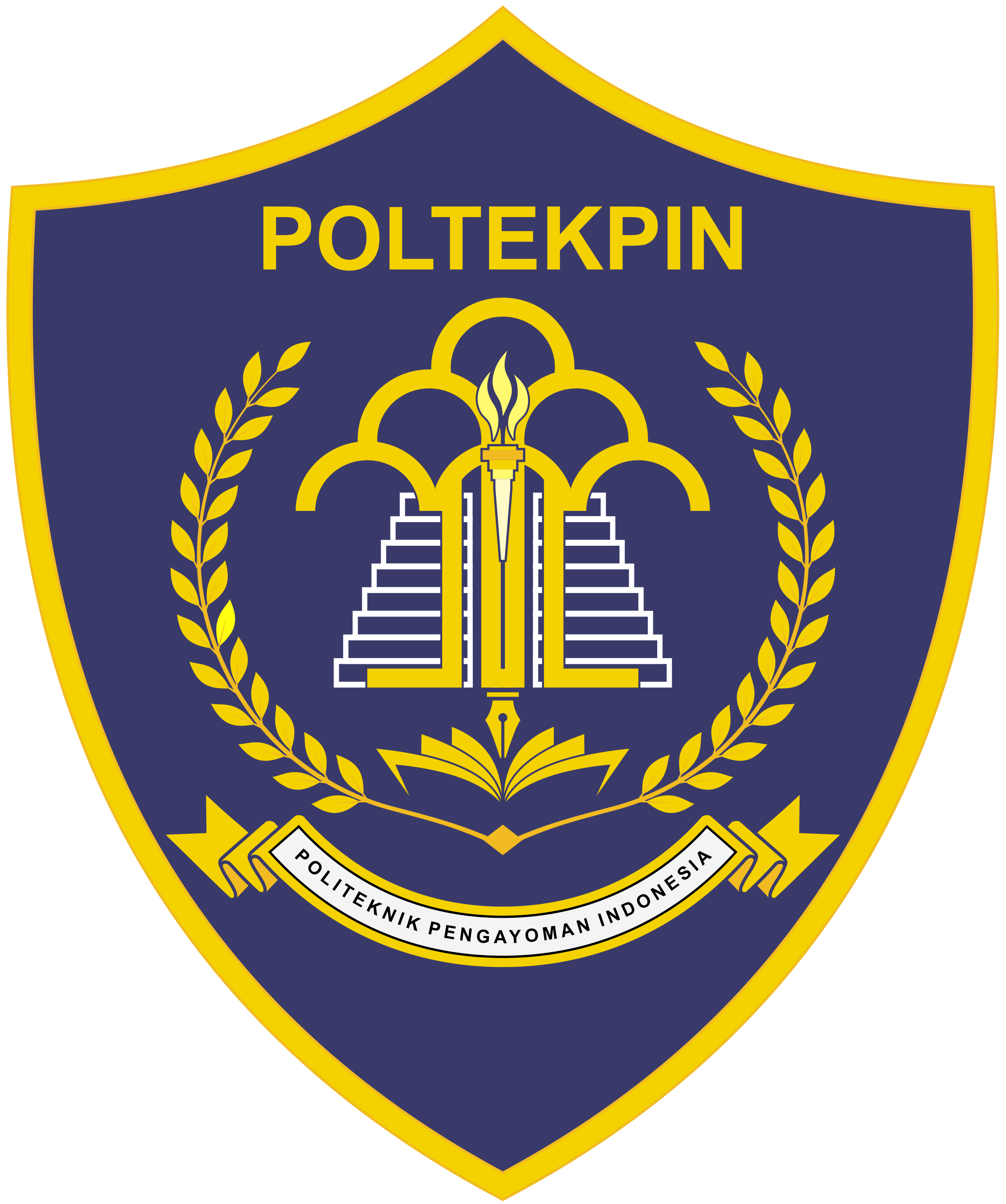ANALISIS ASPEK SOSIOLOGIS TERHADAP PENERAPAN RESTORATIVE JUSTICE DALAM KASUS TINDAK PIDANA KORUPSI
Abstract
This research discusses the implementation of the "Restorative Justice" concept in addressing corruption crimes in Indonesia. Corruption has become a serious threat to the stability and integrity of government institutions, as well as sustainable development in the country. Despite efforts to combat corruption, the results have been limited. Therefore, this research proposes a new approach by considering the principles of restorative justice. Restorative justice is an approach that prioritizes reconciliation, restoration, and rehabilitation. This concept emphasizes repairing relationships damaged by criminal acts, compensating victims, and rehabilitating offenders. In the context of corruption, this approach also focuses on the recovery of financial losses incurred by the state and society. The research also discusses the need for changes in existing regulations and legal practices, as well as active community involvement in supporting the implementation of restorative justice. Education and public awareness of this concept are also key to its success. The implications of this research include efforts for rehabilitating corrupt offenders, supporting the recovery of victims, changes in the legal system, and the development of holistic anti-corruption policies. The implementation of restorative justice in addressing corruption can be a more effective and sustainable alternative, helping to maintain the rule of law and reduce the negative impacts of corruption on society and the government. Further research and inter-agency cooperation are expected to measure and enhance the effectiveness of this approach in the Indonesian context.
Penelitian ini membahas implementasi konsep "Restorative Justice" dalam penanganan tindak pidana korupsi di Indonesia. Korupsi telah menjadi ancaman serius terhadap stabilitas dan integritas institusi pemerintahan, serta pembangunan yang berkelanjutan di negara ini. Meskipun upaya telah dilakukan untuk memerangi korupsi, hasilnya masih terbatas. Oleh karena itu, penelitian ini mengusulkan pendekatan baru dengan mempertimbangkan prinsip-prinsip restorative justice.
Restorative justice adalah pendekatan yang memprioritaskan rekonsiliasi, restorasi, dan rehabilitasi. Konsep ini menekankan perbaikan hubungan yang rusak akibat tindak pidana, pemulihan kerugian kepada korban, dan rehabilitasi pelaku. Dalam konteks korupsi, pendekatan ini juga berfokus pada pemulihan kerugian keuangan yang telah ditimbulkan pada negara dan masyarakat.
Penelitian ini juga membahas perlunya perubahan dalam regulasi dan praktik hukum yang ada, serta pelibatan aktif masyarakat dalam mendukung implementasi restorative justice. Pendidikan dan kesadaran masyarakat tentang konsep ini juga menjadi kunci keberhasilan. Implikasi penelitian ini meliputi upaya untuk rehabilitasi pelaku korupsi, pemulihan korban, perubahan dalam sistem hukum, dan pengembangan kebijakan antikorupsi yang holistik.
Penerapan restorative justice dalam penanganan korupsi dapat menjadi alternatif yang lebih efektif dan berkelanjutan, membantu menjaga supremasi hukum, dan mengurangi dampak negatif korupsi pada masyarakat dan pemerintah. Penelitian lebih lanjut dan kerjasama lintas lembaga diharapkan untuk mengukur dan meningkatkan efektivitas pendekatan ini dalam konteks Indonesia.
References
Atmasasmita, R. (2004). “Strategi dan Kebijakan Pemberantasan Korupsi Pasca-Konvensi PBB Menentang Korupsi Tahun 2003”, Diskusi Panel “Menjelang Pengadilan Anti-Korupsi di Indonesia”, Jakarta.
Braithwaite, J. (2002). Restorative Justice & Responsive Regulation. Oxford University Press.
Fatic, A. (1995). Punishment and Restorative Crime – Handling, (USA: Avebury Ashagate Publishing Limited).
Fitri, I., Prasetyo, A., & Azis, E. (2018). The Analysis of Legislation of Corruption Criminal Act in Indonesia. MATEC Web of Conferences, 154, 01045.
Karman, E. (2016). Investigation Process of Corruption in Indonesia. Procedia-Social and Behavioral Sciences, 219, 330-335.
Luhmann, N. (1985). A Sociological Theory of Law, (London: Routledge & Kegan Paul, 1985).
McCold, P., & Wachtel, T. (2003). Restorative justice theory validation. Contemporary Justice Review, 6(3), 265-294.
Mustofa, M., Ismail, M., & Firdaus, A. (2016). The Legal Reform of Anti-Corruption Criminal Justice in Indonesia. Journal of Law, Policy, and Globalization, 47, 54-61.
Soekanto, S. (2002). Pokok-Pokok Sosiologi Hukum, (Jakarta: PT.Raja Grafindo Persada).
Sudarto. (2009). Hukum Pidana I, (Semarang: Yayasan Sudarto, FH UNDIP).
Tampubolon, R., & Lubis, M. D. (2017). The Ineffectiveness of Corruption Eradication in Indonesia: A Legal and Political Perspective. Asian Journal of Law and Economics, 8(3), 207-219.
Tridiatno, Y.A. (2015). Keadilan Restoratif, (Yogyakarta: Cahaya Atma Pustaka).
Van Ness, D. W., & Strong, K. H. (2010). Restoring Justice: An Introduction to Restorative Justice. Routledge.
Wijanarko, W., & Sudjarwadi, T. (2017). Analysis of Investigation and Juridical Review to Act on Corruption Eradication in Indonesia. International Journal of Science and Research (IJSR), 6(6), 34-37.
Zehr, H. (2002). The Little Book of Restorative Justice. Good Books.










